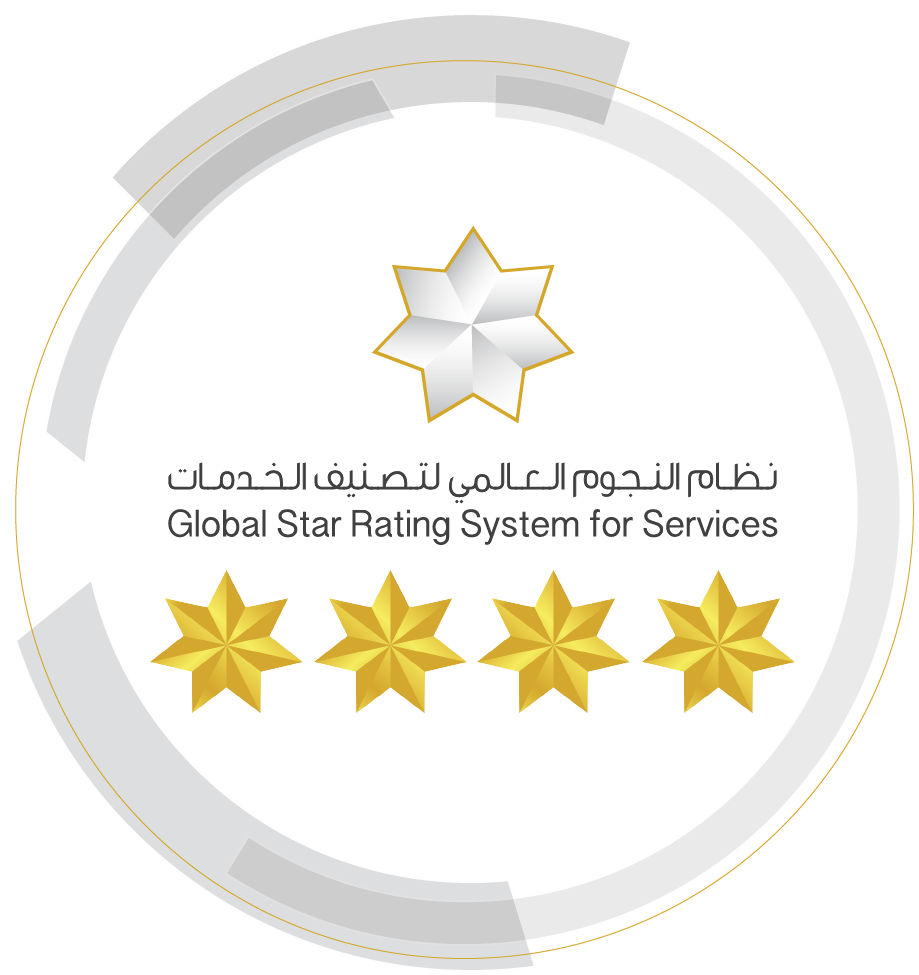Promoting Women's Rights
The UAE is fully committed to promoting women's rights and considers women's empowerment fundamental to developing a modern and progressive society. In the UAE, women participate on an equal basis in civil, economic, and political life.
Since its founding as a federation in 1971, the UAE has placed significant importance on the empowerment of male and female citizens. Accordingly, the UAE Constitution guarantees equal rights for all, giving them their entitlements in legal status and access to health, education, and employment.
On 28 August, 2015—the 40th anniversary of the General Women's Union launch—the UAE held its first Emirati Women's Day, a national celebration of the role of women in society.
Gender equality is also part of the UAE's Vision 2021 National Agenda to safeguard women from all forms of discrimination at work and in society, and empowers Emirati women in all spheres.
The National Strategy for Empowerment of Emirati Women in the UAE for 2015-2021 was launched by Sheikha Fatima bint Mubarak, Chairwoman of the General Women's Union (GWU), President of the Supreme Council for Motherhood and Childhood, and Supreme Chairwoman of the Family Development Foundation (FDF), on 8 March, 2015, on International Women's Day. The strategy provides a framework for government, private sector, and civil organisations to draft plans to position the UAE among the most advanced countries in women's empowerment.
In the Federal National Council elections held in October 2019, 200 women out of 555 filed their nominations, making up nearly 36% of the total. Of 20 new members elected to the Federal National Council, seven women won, making the UAE one of the first countries to have women as half of the FNC members. In addition, women are involved in critical portfolios intertwined with women's empowerment both nationally and internationally, such as international cooperation, social development, public education, and youth.
The UAE Cabinet has also adopted several policies to promote the participation of women in the judicial sector, international missions, and peacekeeping operations.
The UAE also leads measures of female empowerment within its diplomatic service. As of October 2019, 49.5% of employees of the Ministry of Foreign Affairs were women, including high-profile female ambassadors in major embassies such as the UN Mission in New York and postings in the Netherlands, Germany, Finland, and Denmark. In addition, women make up about 60% of Emirates Diplomatic Academy graduates.
While the federal government has demonstrated its commitment to empowering all women, the private sector in the UAE has similarly given importance to female representation.
In December 2012, the UAE Government issued a decision that mandated Emirati women on the boards of directors of federal bodies, private companies, and institutions. In May 2015, the government established the UAE Gender Balance Council to ensure that Emirati women continue to play a leading role in the country's development. The Council carries out several functions, including reviewing legislation, policies, and programs to achieve gender balance in the workplace.
The UAE is also working on expanding the participation of women in the workforce. Women occupy 66% of public sector jobs—one of the highest proportions worldwide—including 30% in senior leadership positions and decision-making roles. In addition, women occupy 75% of posts in the education and health sectors.
Support for UN Women
The UAE is working in partnership with other countries and through the United Nations to promote the rights of women and girls everywhere.
The UAE was elected to serve on the Executive Board of UN Women, the United Nations entity dedicated to gender equality and women's empowerment, for two terms, from 2013-2015 and 2016-2018.
The UAE has supported UN Women since its establishment in 2010. It has provided approximately USD 26 million to its core budget to support promoting gender equality and women's empowerment, including through the UN Women liaison office in Abu Dhabi. The office strengthens partnerships with the UN on women's participation and women's empowerment.
Promoting the Equal Rights of Every Girl to Education
Education is key to the economic empowerment of women. According to the World Economic Forum's 2014 Global Gender Gap Report, the UAE essentially reached equality between men and women in educational attainment. Over 77% of Emirati women enrol in higher education after secondary school and make up 70% of all university graduates in the UAE.
The UAE promoted the equal right to education for every girl during its membership of the UN Human Rights Council. In June 2017, the UN Human Rights Council unanimously passed a draft resolution put forth by the UAE during the 35th session of the Council in Geneva on girls’ right to receive education. The resolution called upon states to eliminate obstacles to girls' education, including discriminatory policies, poverty, tradition, religious considerations, or financial hardship. It also called for additional action to ensure girls' safety outside the school boundary against sexual violence and threats posed by terrorist groups.
The UAE also initiated a joint statement by 75 countries at the Human Rights Council in June 2014, which condemned attacks on girls who attend or wish to attend school. In addition, the UAE led in the unanimous adoption by the Council in September 2014 of a resolution to convene a panel discussion at the Council's session in June 2015 to share lessons learned and best practices on realising the equal right to education by every girl.


